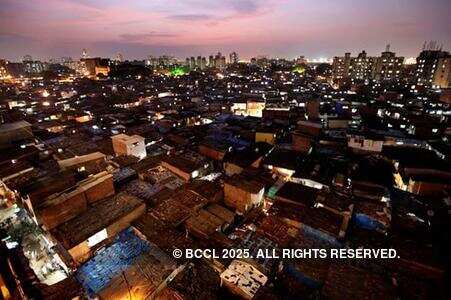
According to an official, Delhi Urban Shelter Improvement Board (DUSIB) has roped in a private agency, which has experience of working with the underprivileged sections, for the survey. The exercise is likely to start next week and will be completed in six months.
DUSIB member-expert Bipin Rai said the survey would not only provide an updated database of people living in about 675 slums, but would also help the government prioritise and speed up their relocation.
According to an estimate, close to 3.5 lakh families (15-20 lakh people) live in these slums. The new slums, not in the government records, will also be covered.
Rai added that the survey would be conducted under the Mukhyamantri Awas Yojana (MMAY). The agency will not only collect the complete data on families, but also take their photographs for the record.
“Once we have the data, we will be able to plan the rehabilitate under MMAY, which promises housing for all without eviction,” Rai said. “We will also know what kind of entitlements or documents these slum dwellers have, which will help us formalise various government schemes for them.”
According to an official, the government had earlier planned to conduct the survey under the Pradhan Mantri Awas Yojana (PMAY), but later decided to introduce its own scheme.
Under PMAY, the slum-dwellers having a permanent house anywhere in the country are not eligible for a subsidised house in the capital. In MMAY, which will be notified this week, those having a house in Delhi won’t be considered for relocation.
DUSIB has also decided to give a certificate to each family in a slum, which will have the names and photographs of the family members. “We have developed a special app to record the data,” Rai said.